Temporomandibular joint disorder (TMJ) can be a distressing condition, causing pain and discomfort in the jaw area, and affecting daily activities like eating and talking. If you’re looking for the best dental clinic in Multan to address your TMJ concerns, look no further than The Face Clinic. Renowned for its exceptional dental care and expertise in treating TMJ disorders, The Face Clinic stands as a leading destination for those seeking effective TMJ treatment options in Multan.
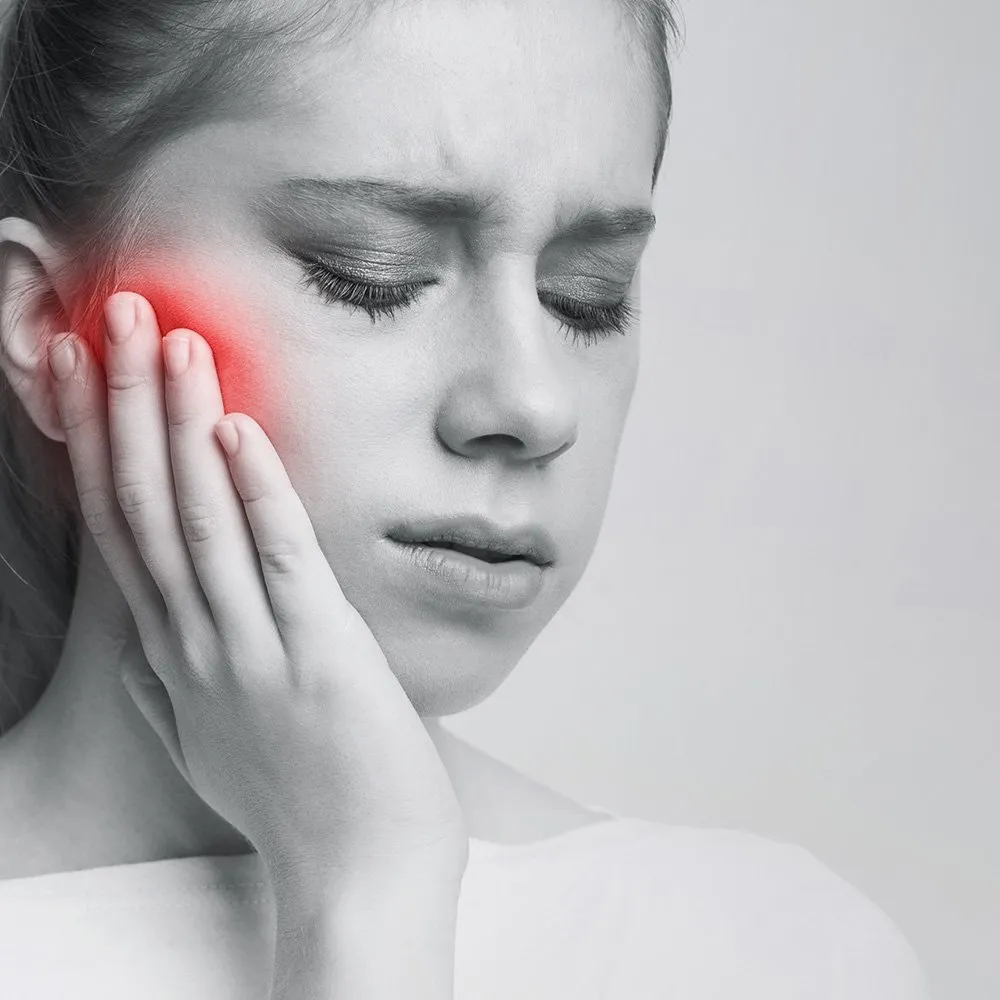
In this article, we will explore what TMJ is, its common causes, symptoms, and various treatment options available.
What is TMJ?
The temporomandibular joint, or TMJ, is a hinge-like joint that enables the movement of your jaw. It allows you to open and close your mouth, facilitating actions like chewing, speaking, and yawning. The TMJ consists of the mandible (lower jawbone) and the temporal bone of the skull. It is surrounded by muscles and ligaments that help in smooth joint movement.
Suffering from Eczema or Itching on Face?, Read this: Treatment of Eczema on face
Causes of TMJ pain
TMJ pain can occur due to various factors, including:
- Teeth Clenching: Teeth grinding or clenching can put excessive pressure on the TMJ, leading to pain.
- Arthritis: TMJ arthritis can cause inflammation and discomfort in the joint.
- Injury: Trauma to the jaw area from accidents or blows can result in TMJ pain.
- Misalignment: A misaligned bite or jaw can strain the TMJ and cause pain over time.
Anti-Aging? Read this: Top 10 Benefits of Face lift
Symptoms of TMJ pain
Symptoms of TMJ Disorder : The signs and symptoms of TMJ disorder may include:
Jaw Pain:
Pain or tenderness in the jaw joint, which may spread to the face, neck, and shoulders. Jaw pain is usually radiating and bearable. It spreads in layers but becomes unbearable after a certain time. If you experience jaw pan without any evident cause, consider it a symptom of TMJ pain.
Restricted Jaw Movement:
Difficulty in opening or closing the mouth fully. If it happens suddenly or you feel the restriction with time, do not ignore it. It may alarms of something serious in near future. Restricted jaw movement is one of the symptoms of TMJ disorder.
Read Article: Hair Transplant Benefits and Negatives
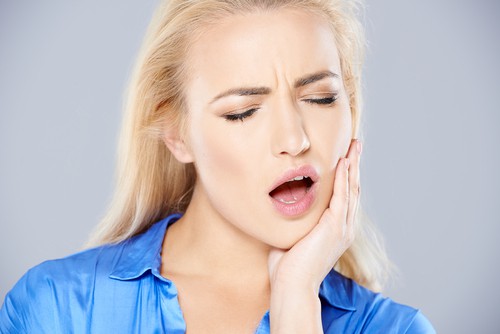
Clicking or Popping:
A clicking or popping sound when moving the jaw. This sounds may be normal but it is not. Popping of one side or both the sides can causes initiation of different problems like jaw dislocation or TMJ pain. Visit your maxillofacial surgeon to get it treated in time.
Locking of the Jaw:
The jaw may get locked or stuck in an open or closed position. Lock jaw is an emergency. Dislocation of TMJ causes lock-jaw and you can feel difficulty in talking, eating or drinking even. Visit best dental clinic in your city to get treated as soon as possible.
Related Article: Pain After Root Canal Treatment
Headaches
In TMJ disorders, headaches can occur as a common symptom due to the close relationship between the temporomandibular joint (TMJ) and the surrounding structures in the head and neck region. The type of headache that occurs in TMJ pain is often referred to as a “TMJ headache” or “TMJ-related headache”.
Diagnosis of TMJ Pain
If you experience any TMJ-related symptoms, it is essential to consult a healthcare professional. The diagnosis may involve:
- Medical History: The Maxillofacial surgeon will inquire about your symptoms and medical history.
- Physical Examination: A thorough examination of the jaw and surrounding areas.
- Imaging Tests: X-rays, CT scans, or MRI may be used to get a detailed view of the joint.
TMJ treatment options
1. Lifestyle Changes and Home Remedies
Dietary Modifications:
Adopting a healthy lifestyle that includes a balanced diet, adequate sleep, and minimizing alcohol and caffeine intake can contribute to better stress management. Soft food diets and avoiding excessively chewy or hard foods.
Moist Heat or Ice Packs:
Applying warm, moist compresses or ice packs to the affected area. This practice gives local anesthesia affect to the particular TMJ pain and muscular discomfort. It relieves pain in minutes
Jaw Exercises:
Gentle jaw exercises to improve mobility and reduce pain. Regular physical activity can help reduce stress and promote a sense of well-being. It also encourages the release of endorphins, which are natural mood enhancers. Jaw exercises make the mobility easy and avoids clicking and popping of jaw.
2. Medications
Pain Relievers:
Anelgesics are a group of medications used to alleviate pain, reduce inflammation, and provide relief from discomfort caused by various conditions, injuries, or medical procedures. Pain relievers work by interfering with pain signals or reducing the production of pain-causing chemicals in the body.
Muscle Relaxants:
Muscle relaxants are a class of medications that help relieve muscle spasms, stiffness, and tension. They are primarily used to alleviate pain and discomfort associated with conditions like muscle strains, sprains, and musculoskeletal disorders.

3. Dental Treatments
Orthodontic Treatment:
Orthodontic treatment can play a significant role in the management of temporomandibular joint (TMJ) pain, particularly when the pain is associated with malocclusion or misalignment of the teeth and jaws. Malocclusion refers to an improper alignment of the upper and lower teeth when the jaws are closed, leading to an improper bite
Mouth guards:
Custom-fitted mouth guards to protect teeth from grinding during sleep.Mouth guards, also known as oral splints or dental guards, are specialized dental appliances designed to protect the teeth, jaws, and oral structures from injury or damage. They offer a versatile solution to address various dental concerns, providing both protection and comfort.
4. Therapies
Physical therapy:
Targeted exercises and stretches to strengthen jaw muscles. Engaging in regular yoga sessions and gentle stretching exercises can promote relaxation, improve flexibility, and relieve muscle tension in the jaw and surrounding areas.
Counselling:
Stress management techniques to reduce teeth clenching due to stress. Seeking counseling or therapy can be beneficial for individuals experiencing chronic stress or anxiety, as it provides a safe space to explore and address underlying stressors.
5. Surgical Interventions
Arthrocentesis:
Arthrocentesis is a minimally invasive treatment option that helps in management of certain temporomandibular joint (TMJ) disorders. It is a therapeutic procedure that involves the insertion of needles into the TMJ to irrigate and flush out the joint with a sterile solution. The goal of arthrocentesis is to reduce inflammation, remove debris, and alleviate pain in the affected TMJ.
Arthroscopy:
Arthroscopy is a surgical procedure. It is one of the treatment options of certain temporomandibular joint (TMJ) disorders. It is a minimally invasive technique that allows healthcare professionals to visualize and access the interior of the TMJ using a small, specialized instrument called an arthroscope
Joint Replacement:
Joint replacement is an advanced and less common treatment option for severe cases of temporomandibular joint (TMJ) disorders that have not responded to more conservative treatments. It involves the surgical replacement of the damaged or dysfunctional TMJ with an artificial joint or prosthesis.
Patients considering joint replacement should have a thorough discussion with their healthcare provider, particularly an oral and maxillofacial surgeon or TMJ specialist, to fully understand the procedure, potential outcomes, and post-surgery care.
Joint replacement can offer relief and improved functionality for individuals with severe TMJ disorders, but it requires careful consideration and expert evaluation to determine its suitability on a case-by-case basis
The Importance of Seeking Professional Help
While home remedies may offer temporary relief, seeking professional help is crucial for a long-term solution to TMJ disorder. A qualified dentist or oral and maxillofacial specialist can provide a personalized treatment plan based on the specific needs of the patient.
At The Face Clinic, we understand that each patient’s TMJ condition is unique, and a one-size-fits-all approach does not apply. Our dedicated team of experts will tailor a personalized treatment plan to address your specific needs effectively. Dr. Waqas Ahmad, Consultant Maxillofacial surgeon is one of the best surgeons in Multan to treat TMJ pain.
Tips for TMJ Pain Management at Home
Apart from medical treatments, there are some self-care tips to manage TMJ pain at home
Good Posture:
Maintain a proper posture to alleviate pressure on the jaw. Meanwhile, practicing relaxation techniques reduces overall stress levels and ease tension in the jaw muscles. Posing deep breathing, meditation, and progressive muscle relaxation are few of the effective movements.
Avoid Extreme Jaw Movements:
Indeed, identifying and avoiding triggers that cause stress or worsen TMJ symptoms can help manage stress levels and promote overall well-being. Limit yawning and gum chewing to reduce strain.
Stress Management:
Management of stress is a valuable non-invasive treatment option for individuals experiencing temporomandibular joint (TMJ) disorders.
Particularly when stress is a contributing factor to their condition.
Stress can lead to teeth clenching and jaw tension, exacerbating TMJ symptoms, and managing stress effectively can help alleviate TMJ-related pain and discomfort.
It is essential to recognize that stress management, while beneficial, may not be a stand-alone treatment for TMJ disorders. Therefore, for more comprehensive relief, stress management techniques are often combined with other treatments, such as medications, physical therapy, or dental treatments.

Take- home message:
TMJ disorder can be a source of considerable pain and discomfort, affecting various aspects of life. Understanding the causes, symptoms, and available treatment options is crucial for managing TMJ pain effectively. Certainly, seeking professional help and following a comprehensive treatment plan lead to improved quality of life.
Book your appointment today if you are suffering from TMJ pain. The Face Clinic is ready to serve you.
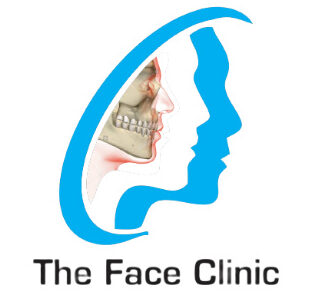
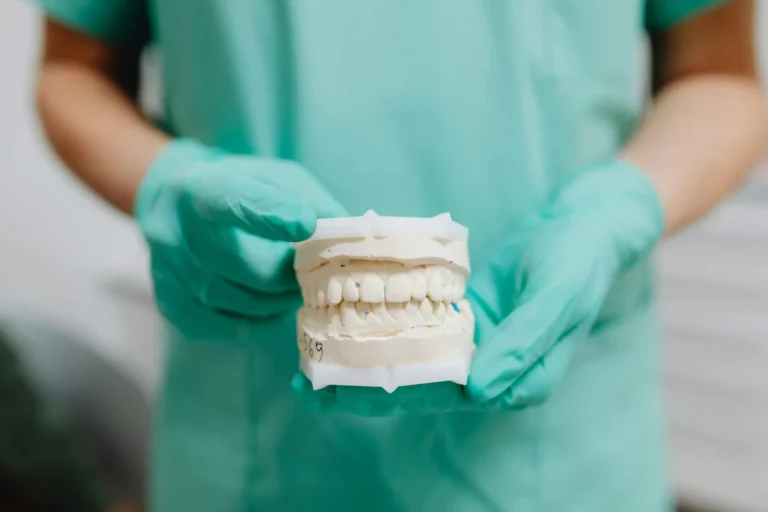
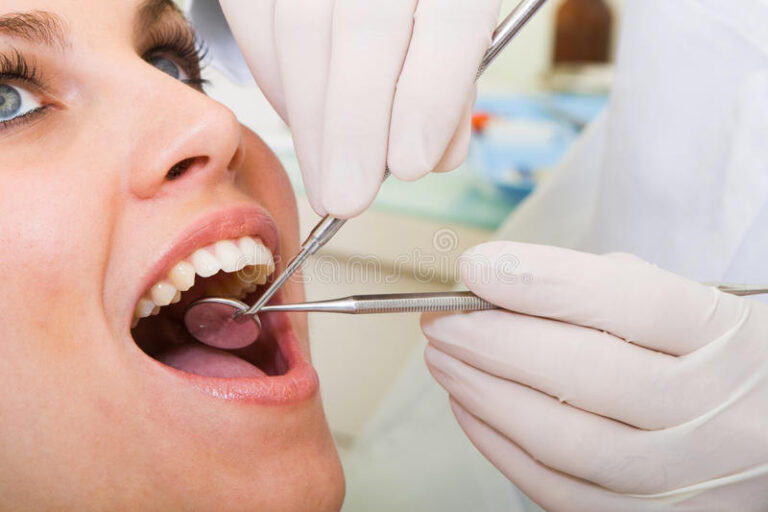

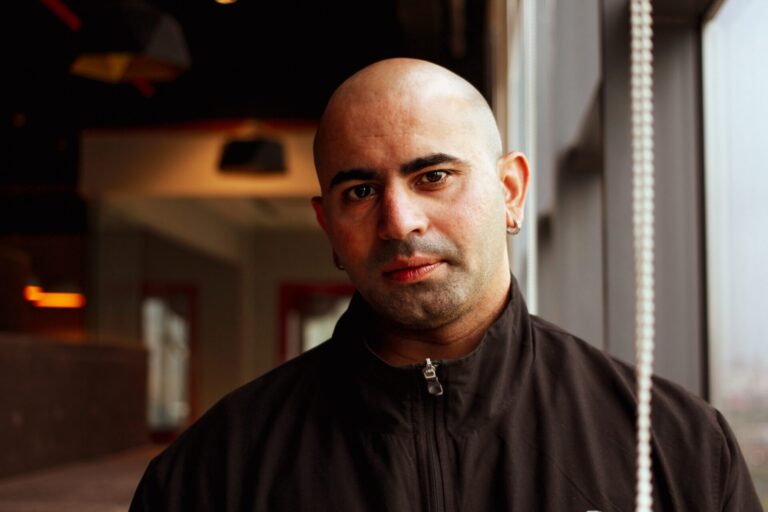
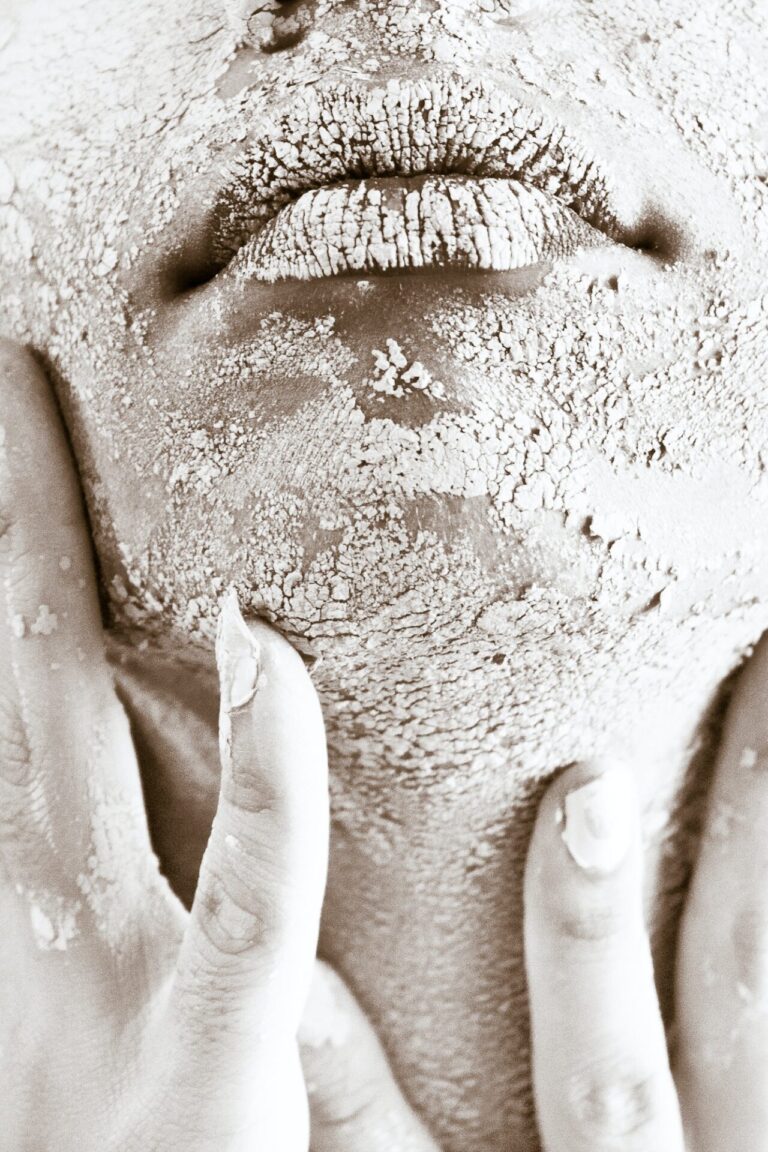
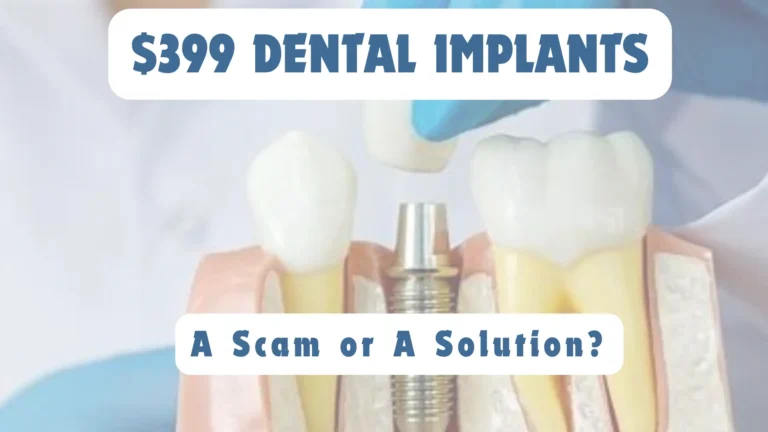
3 Comments
Comments are closed.